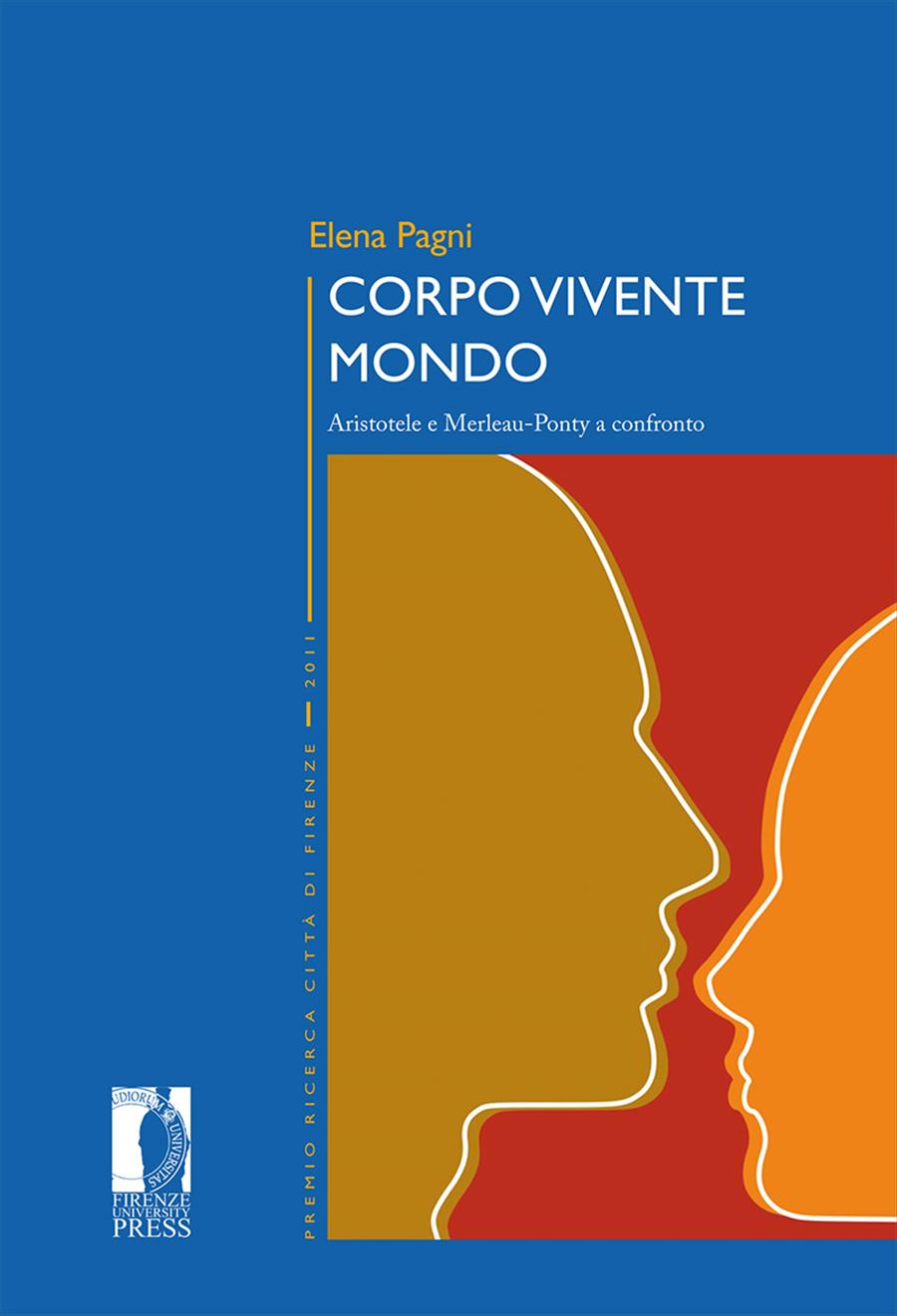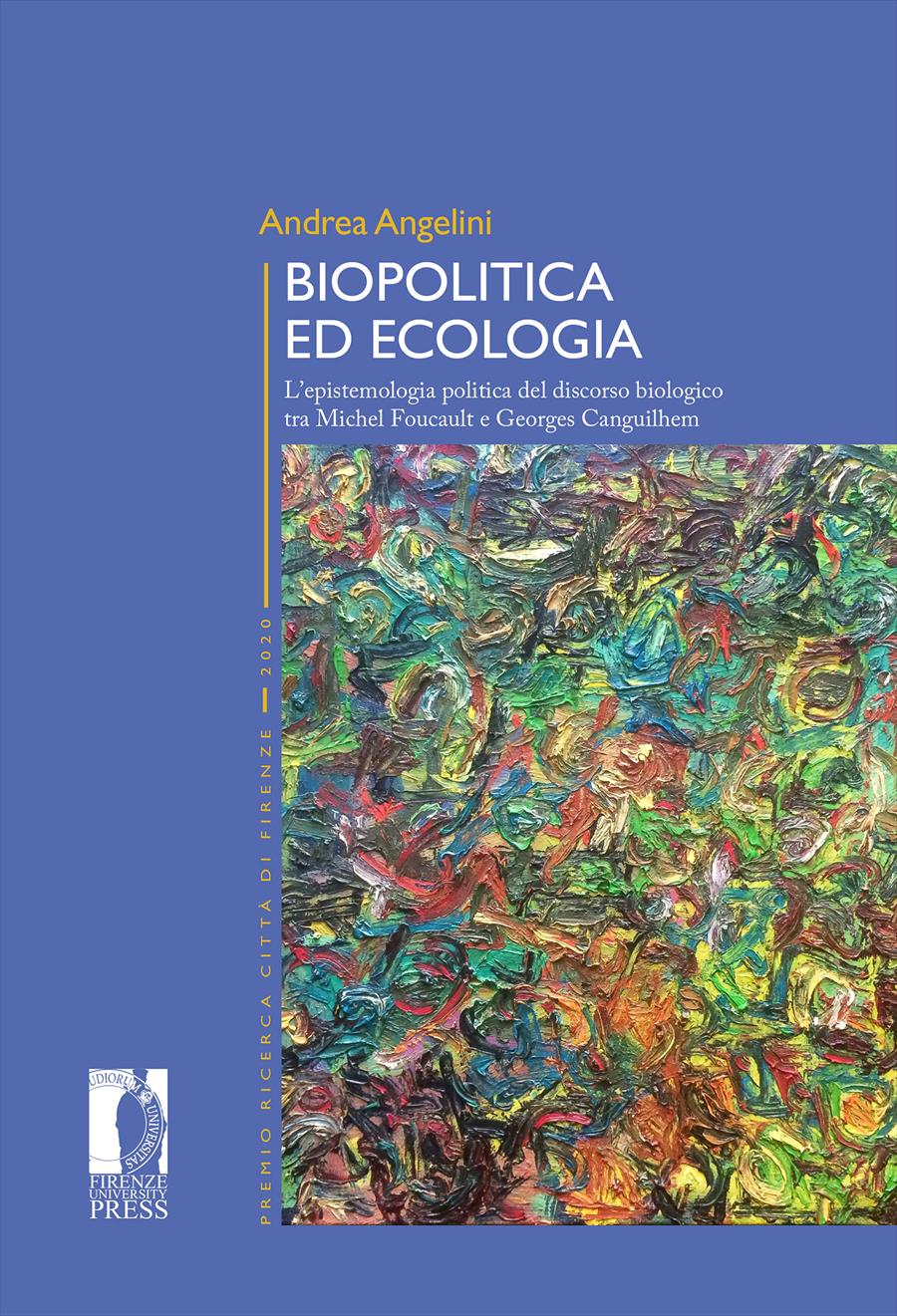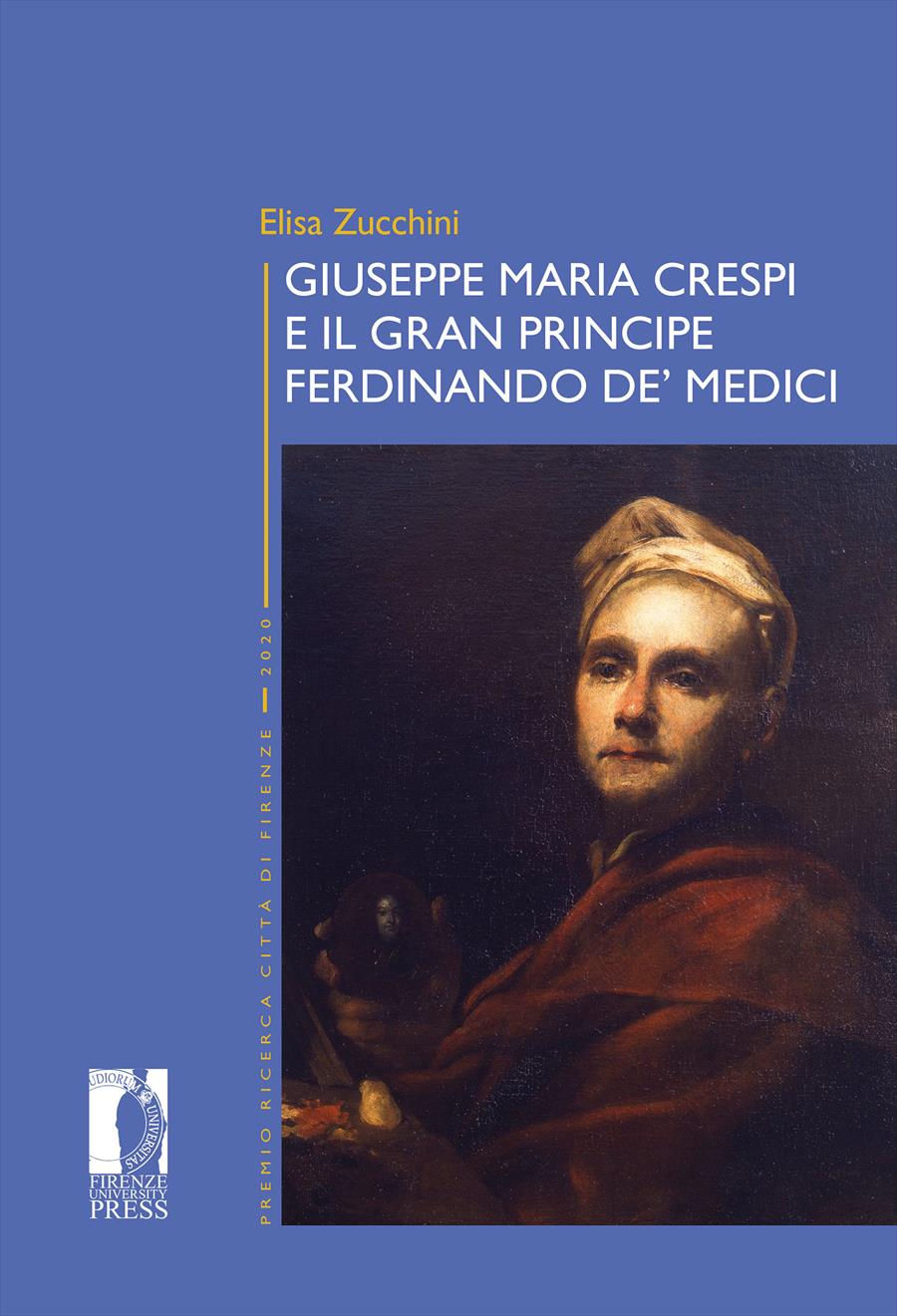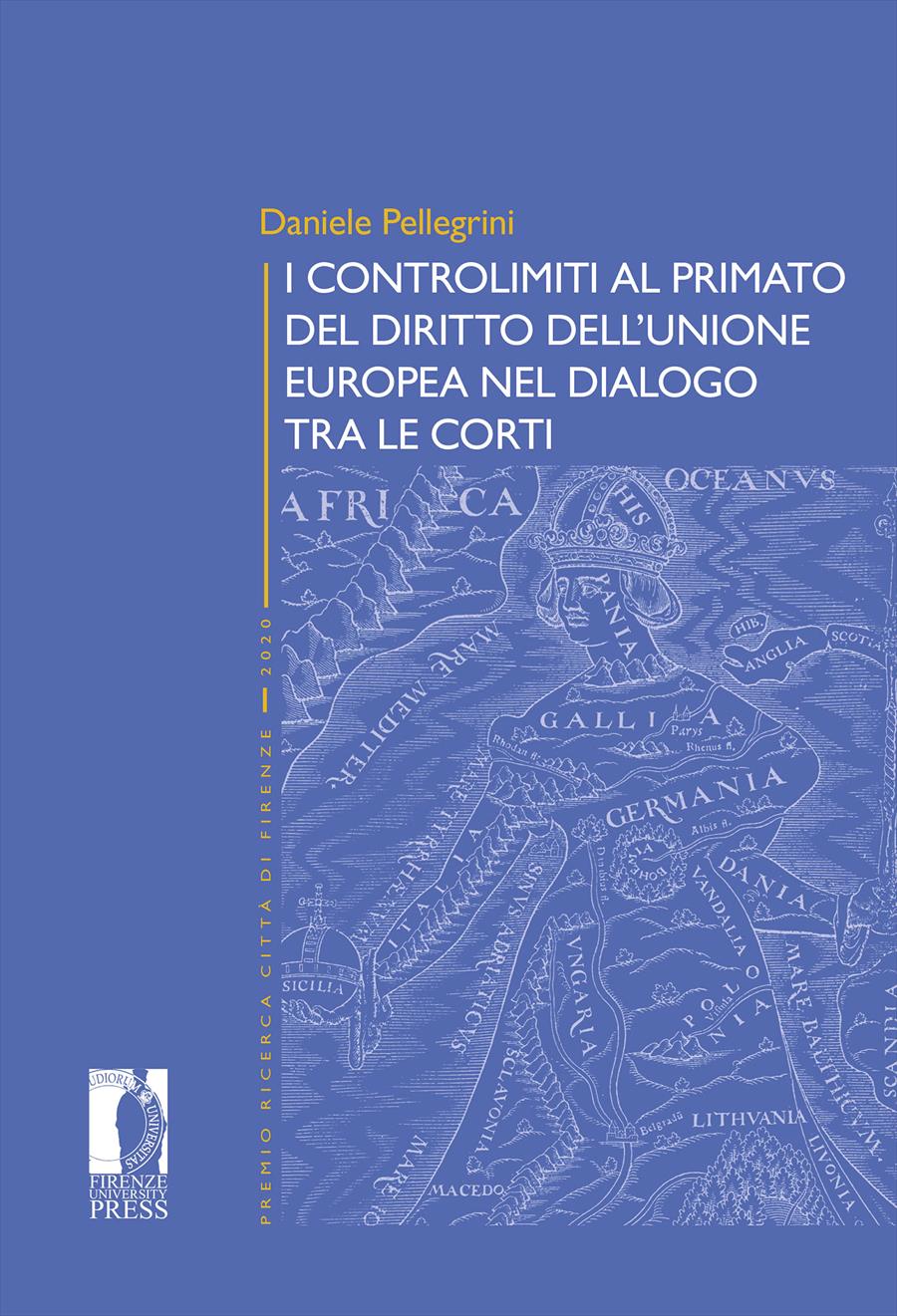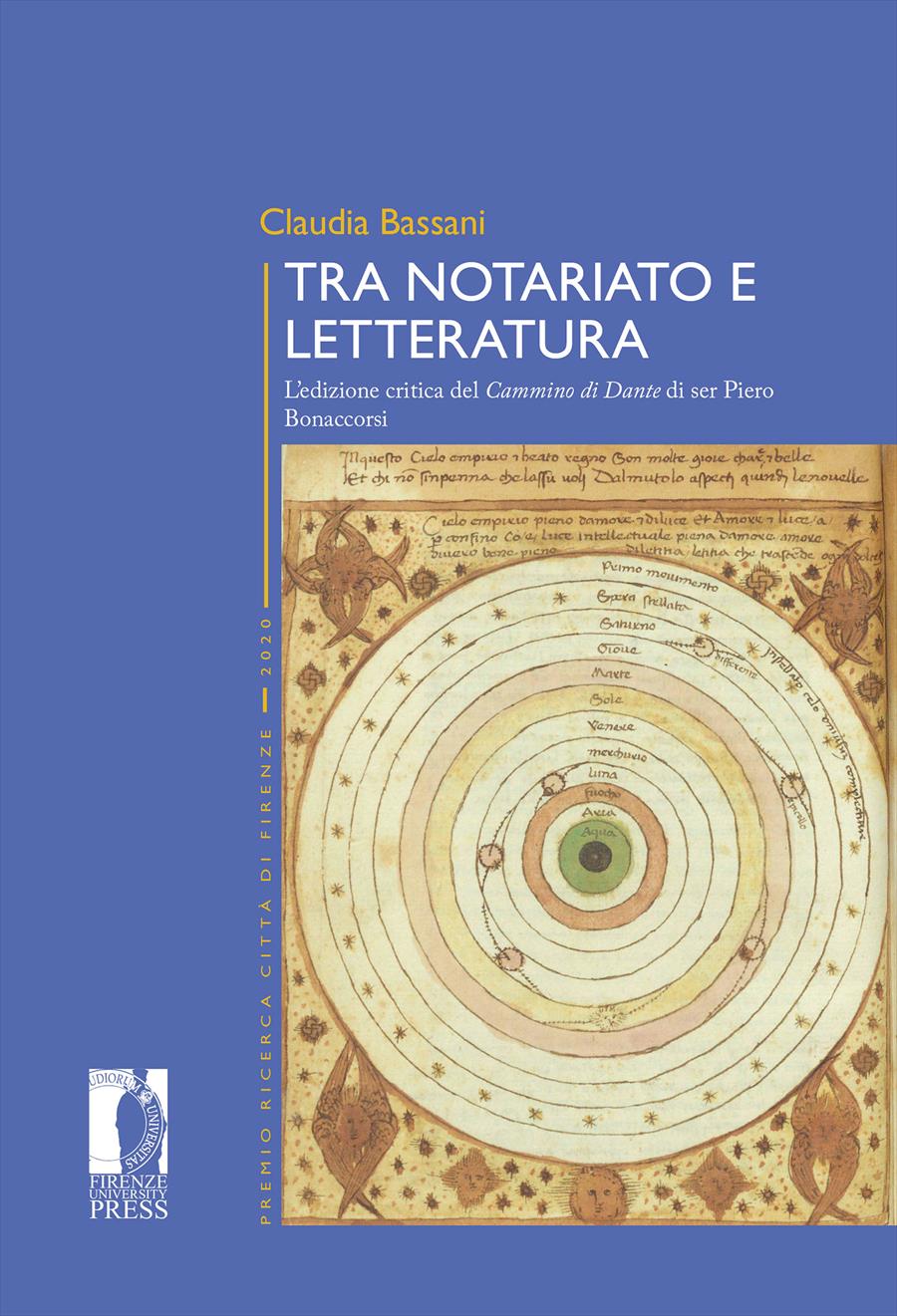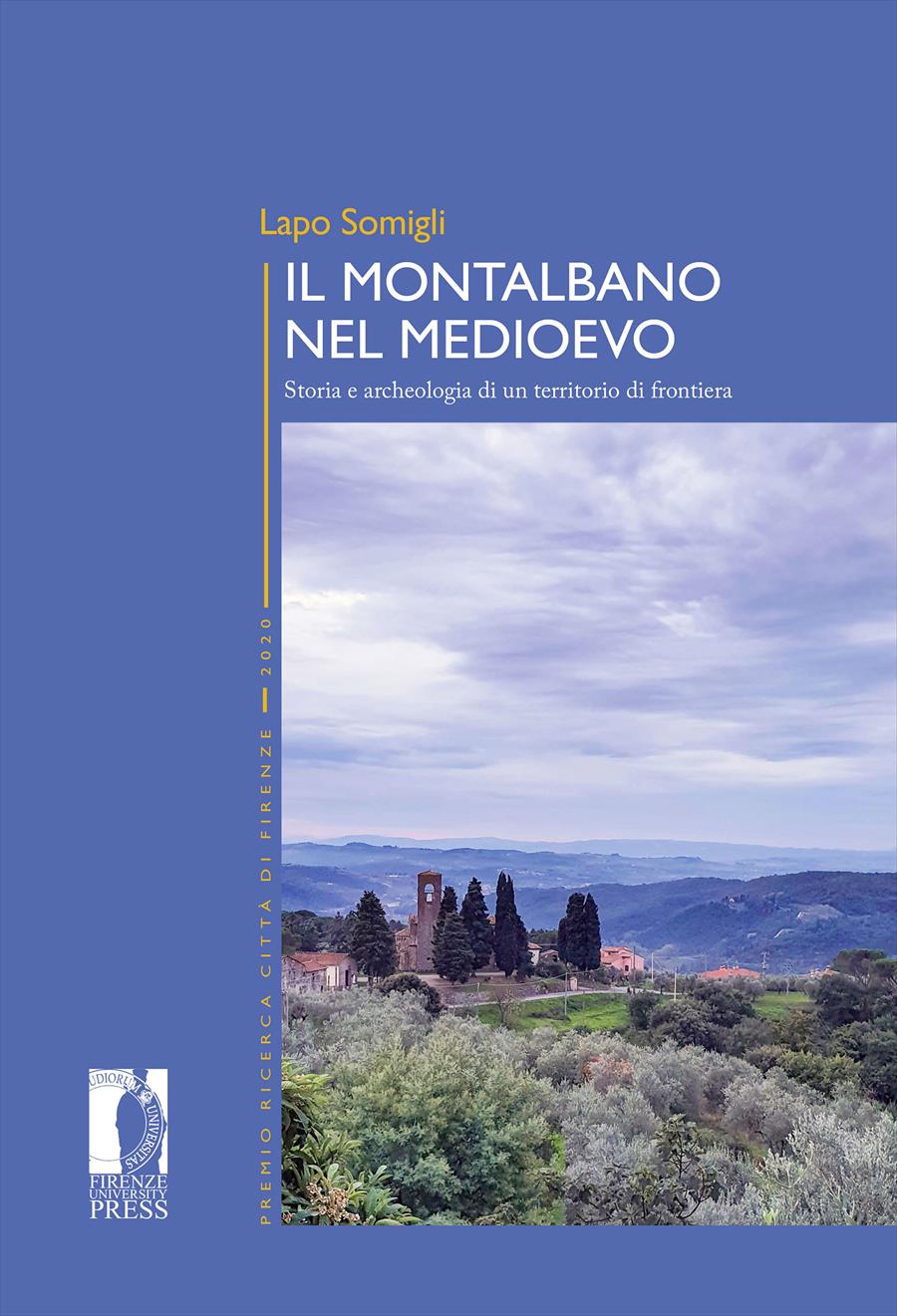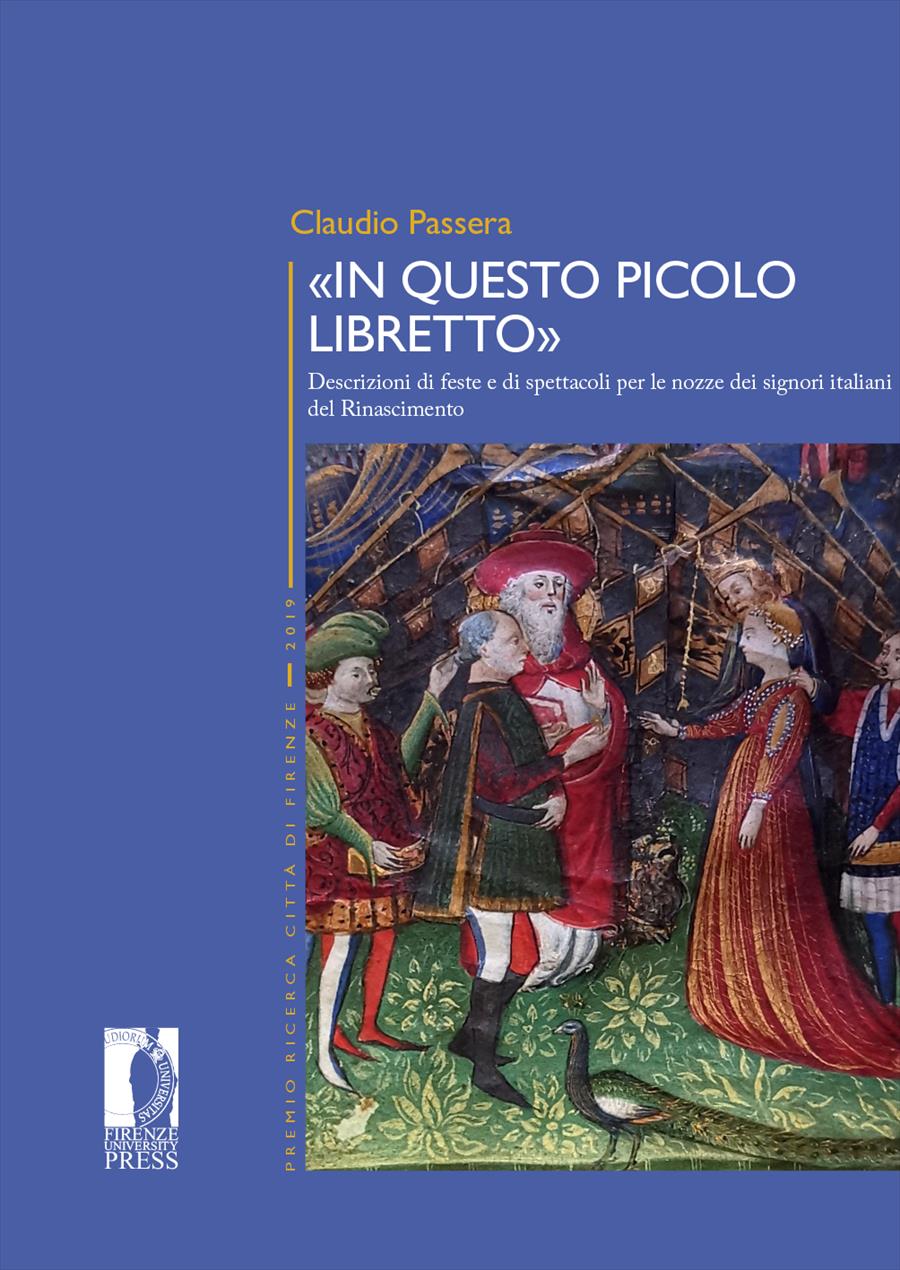Corpo Vivente Mondo
Aristotele e Merleau-Ponty a confronto
- Elena Pagni,
The investigation into the living being and sensation conducted by Aristotle in De Anima and his biological works highlight many theoretical correspondences with Merleau-Ponty's notion of perception and the ontology of the sensible emerging from the Phenomenology of Perception and the Courses on Nature.
In Aristotle and in Merleau-Ponty epistemological rehabilitation of the sensitive experience leads, at the ontological level, to the theorization of a new idea of living subject and Nature: the biological synol in Aristotle and the notion of Leib in the terms of chiasm in Merleau-Ponty. Furthermore, the Aristotelian notion of synol shows strong similarities with Merleau-Ponty's conception of living body (Leib). On one hand, the speculative results obtained by Aristotle in his biological research (where it emerges that most of the vital functions are realized through a total co-penetration of soul and body), and on the other the theory of the synol that he drew up in De Anima (according to which living substance is an indissoluble unity of matter and form), show many points of contact with the idea of embodiment that traverses the whole of Merleau-Ponty's work starting from the Phenomenology of Perception.
- DOI: 10.36253/978-88-6655-283-3
- Series: Premio Ricerca «Città di Firenze»
- Scientific Board
- Language: Italian
- Subjects: Philosophy
University of Juiz de Fora, Brazil - ORCID: 0000-0001-5099-358X
- Publication Year: 2012
- Pages: 152
- eISBN: 978-88-6655-283-3
- Content License: CC BY-ND 3.0 IT
- © 2012 Author(s)
- Publication Year: 2012
- eISBN: 978-88-9273-569-9
- Content License: CC BY-ND 3.0 IT
- © 2012 Author(s)
- Publication Year: 2012
- Pages: 152
- ISBN: 978-88-6655-282-6
- Content License: CC BY-ND 3.0 IT
- © 2012 Author(s)
Bibliographic Information
Book Title
Corpo Vivente Mondo
Book Subtitle
Aristotele e Merleau-Ponty a confronto
Authors
Elena Pagni
Peer Reviewed
Number of Pages
152
Publication Year
2012
Copyright Information
© 2012 Author(s)
Content License
Metadata License
Publisher Name
Firenze University Press
DOI
10.36253/978-88-6655-283-3
ISBN Print
978-88-6655-282-6
eISBN (pdf)
978-88-6655-283-3
eISBN (xml)
978-88-9273-569-9
Series Title
Premio Ricerca «Città di Firenze»
Series ISSN
2705-0289
Series E-ISSN
2705-0297
